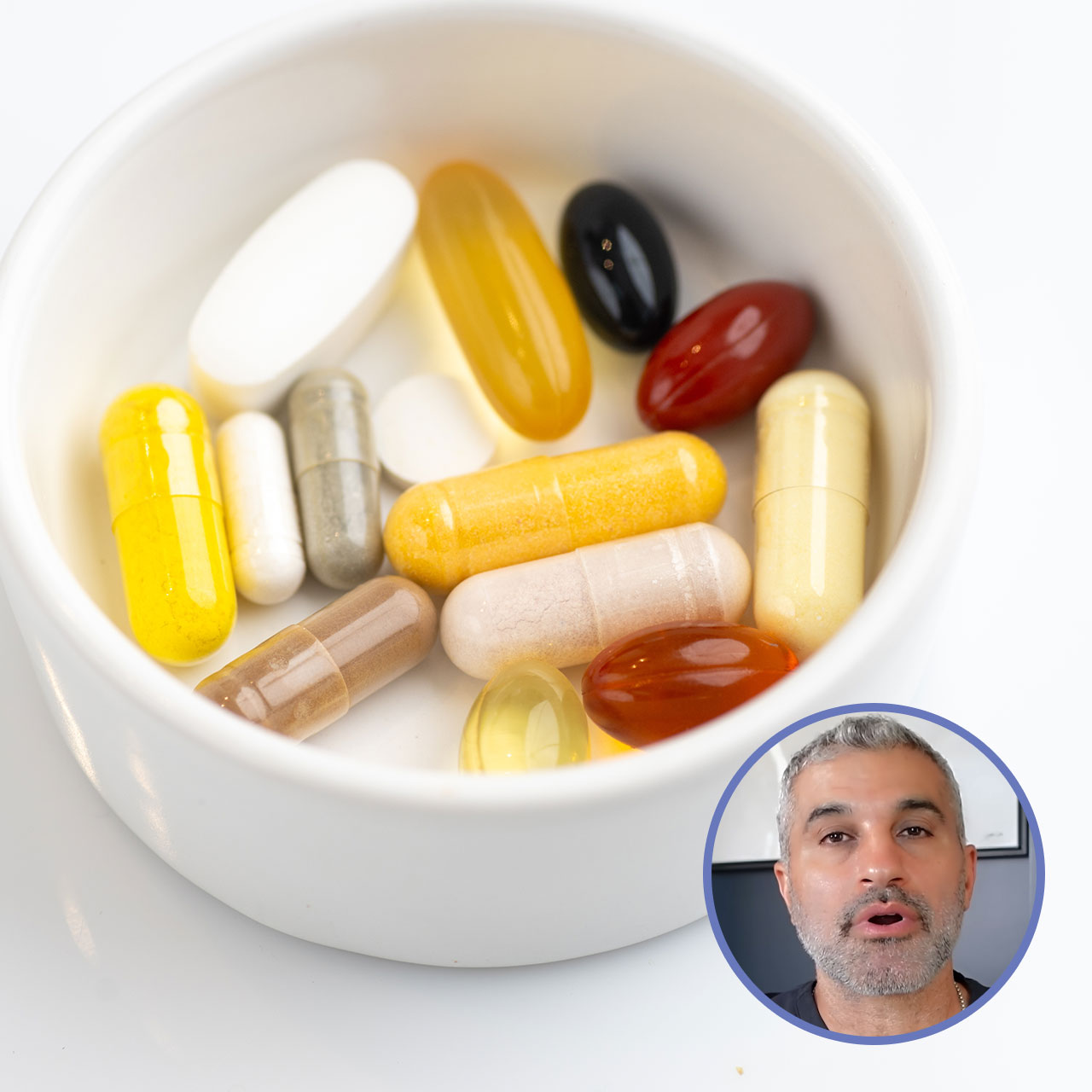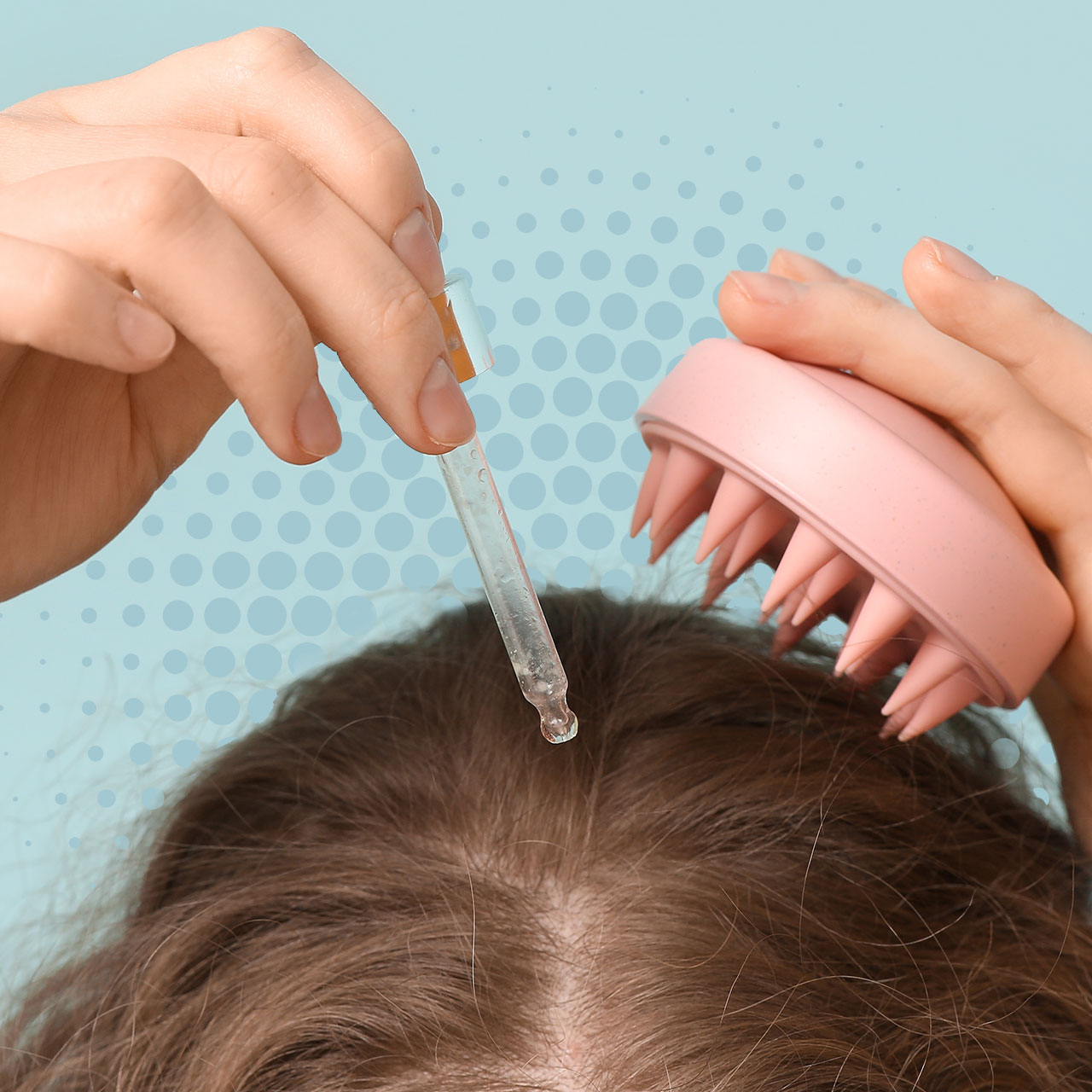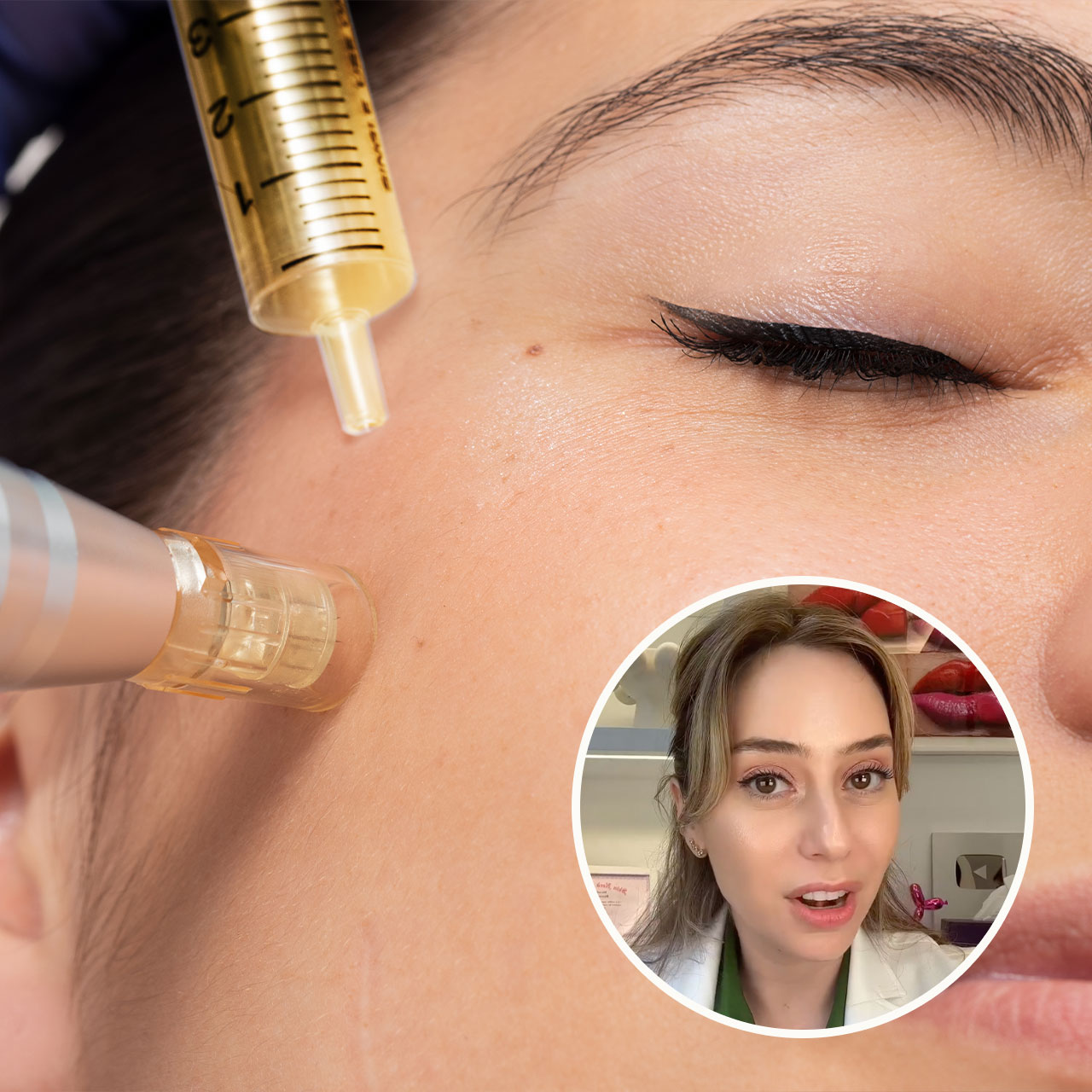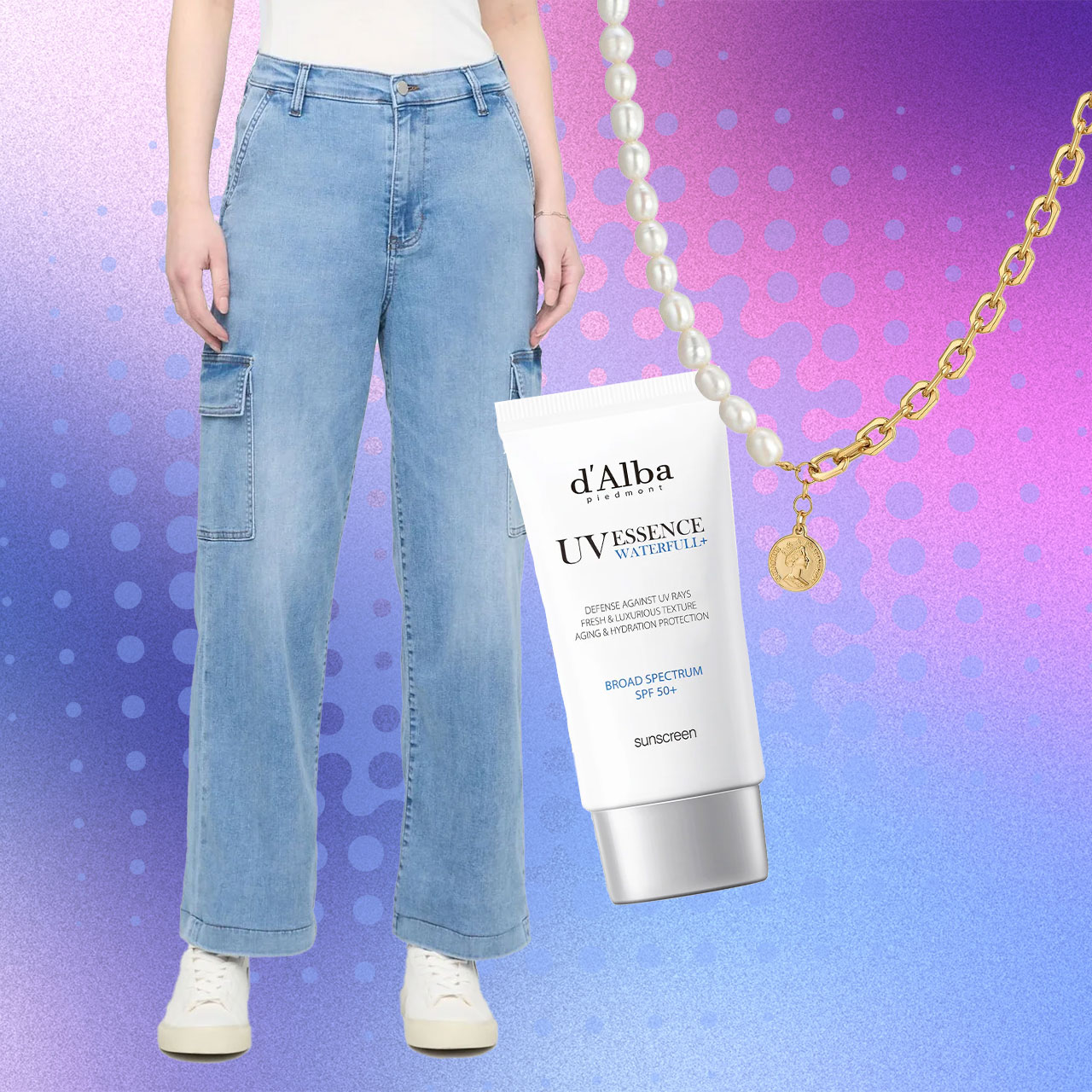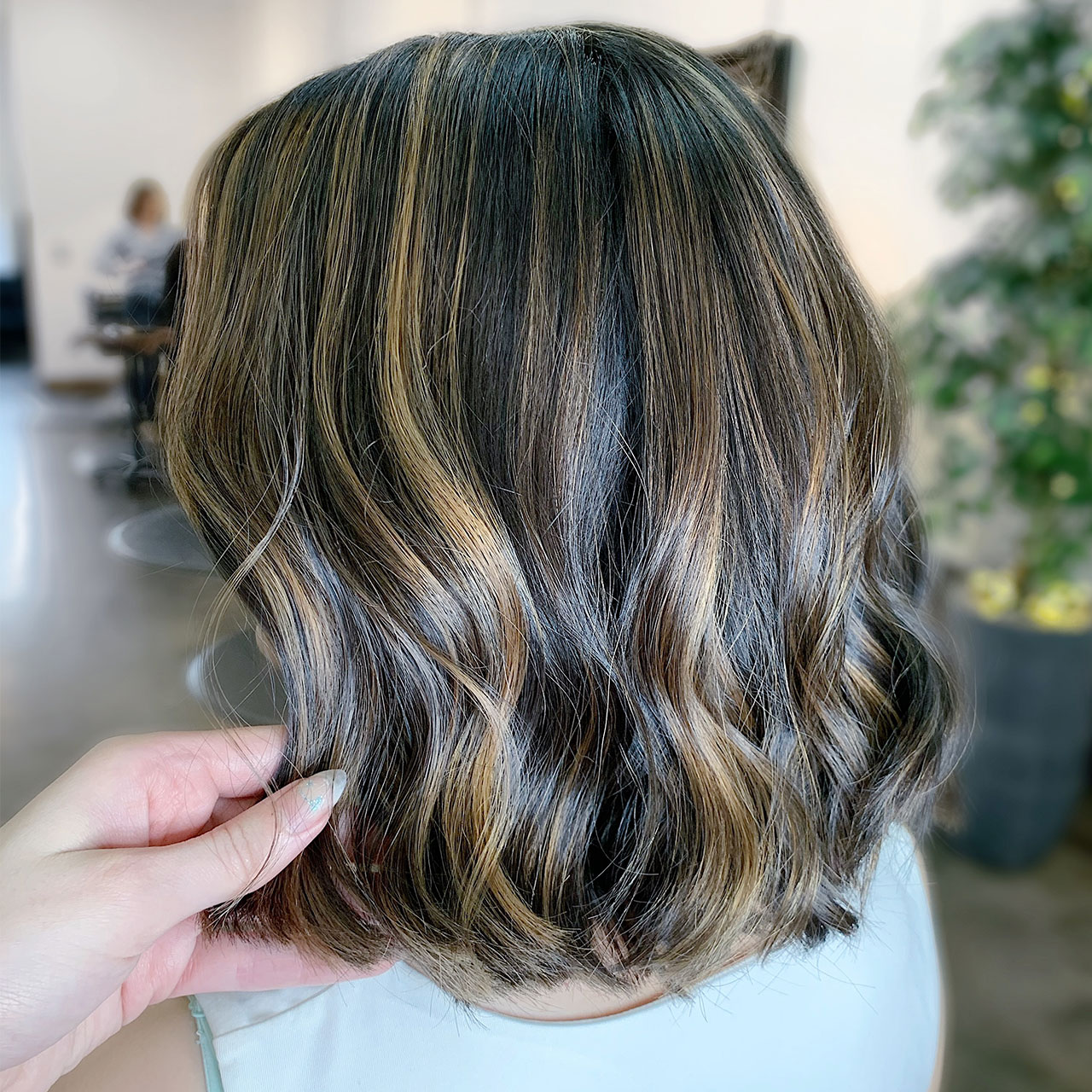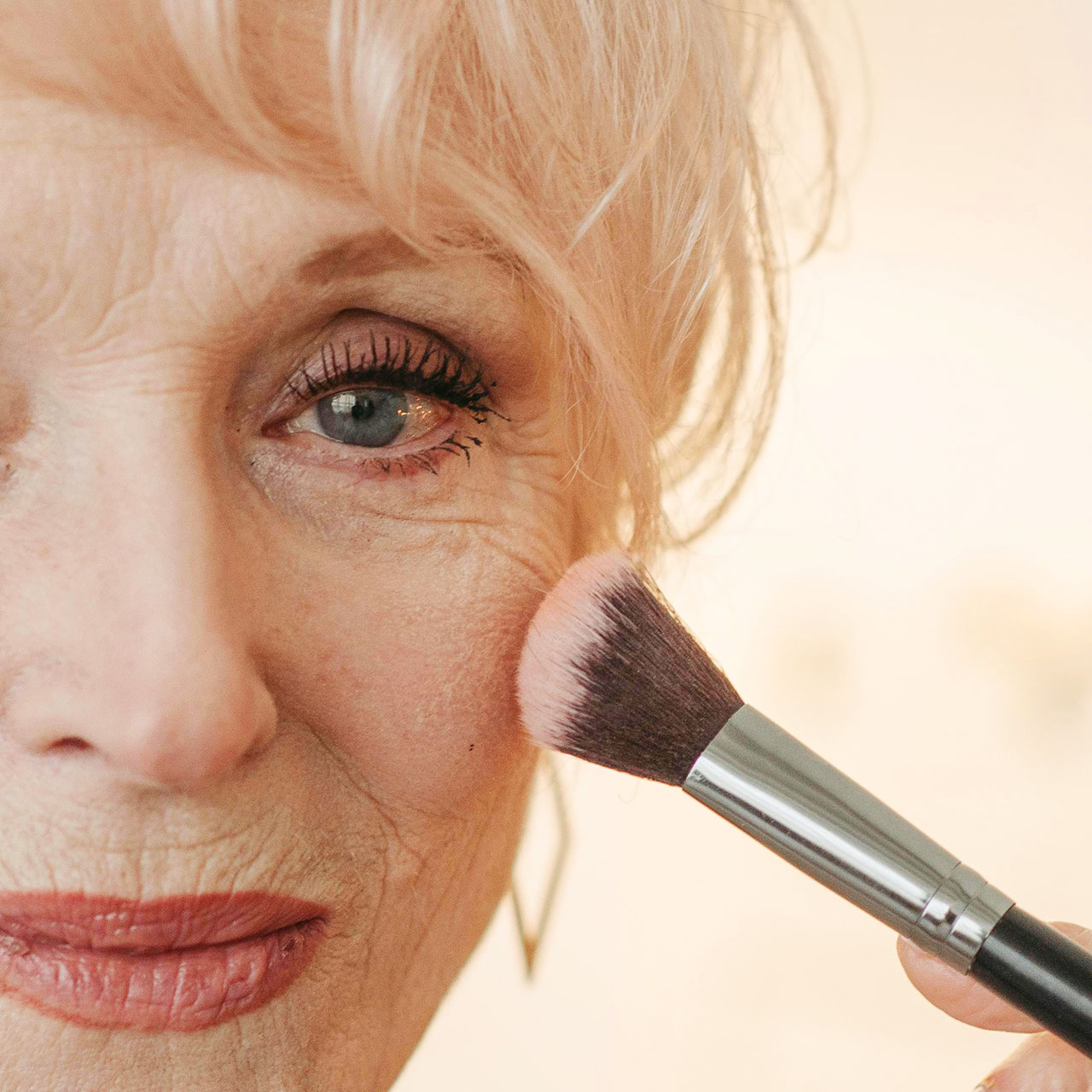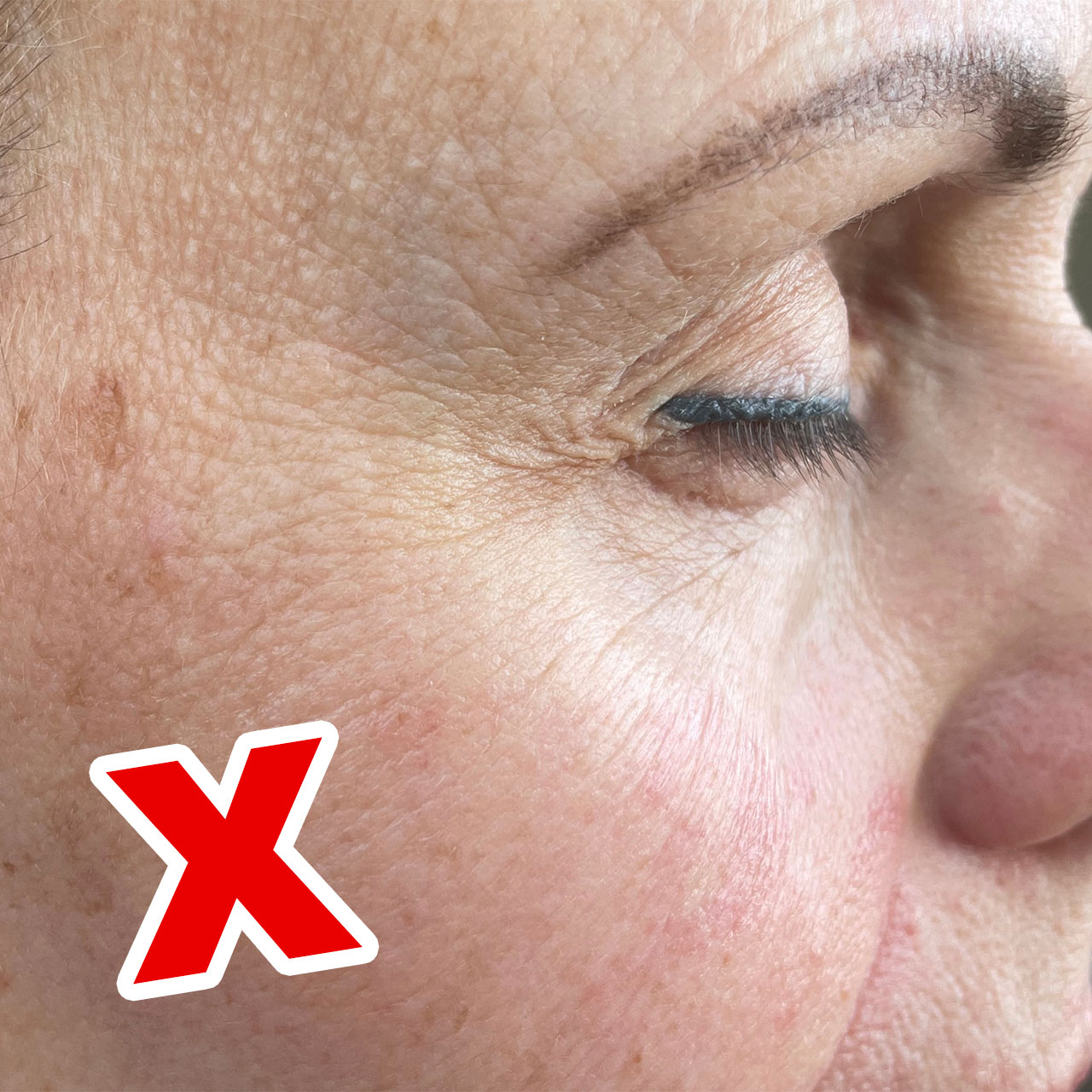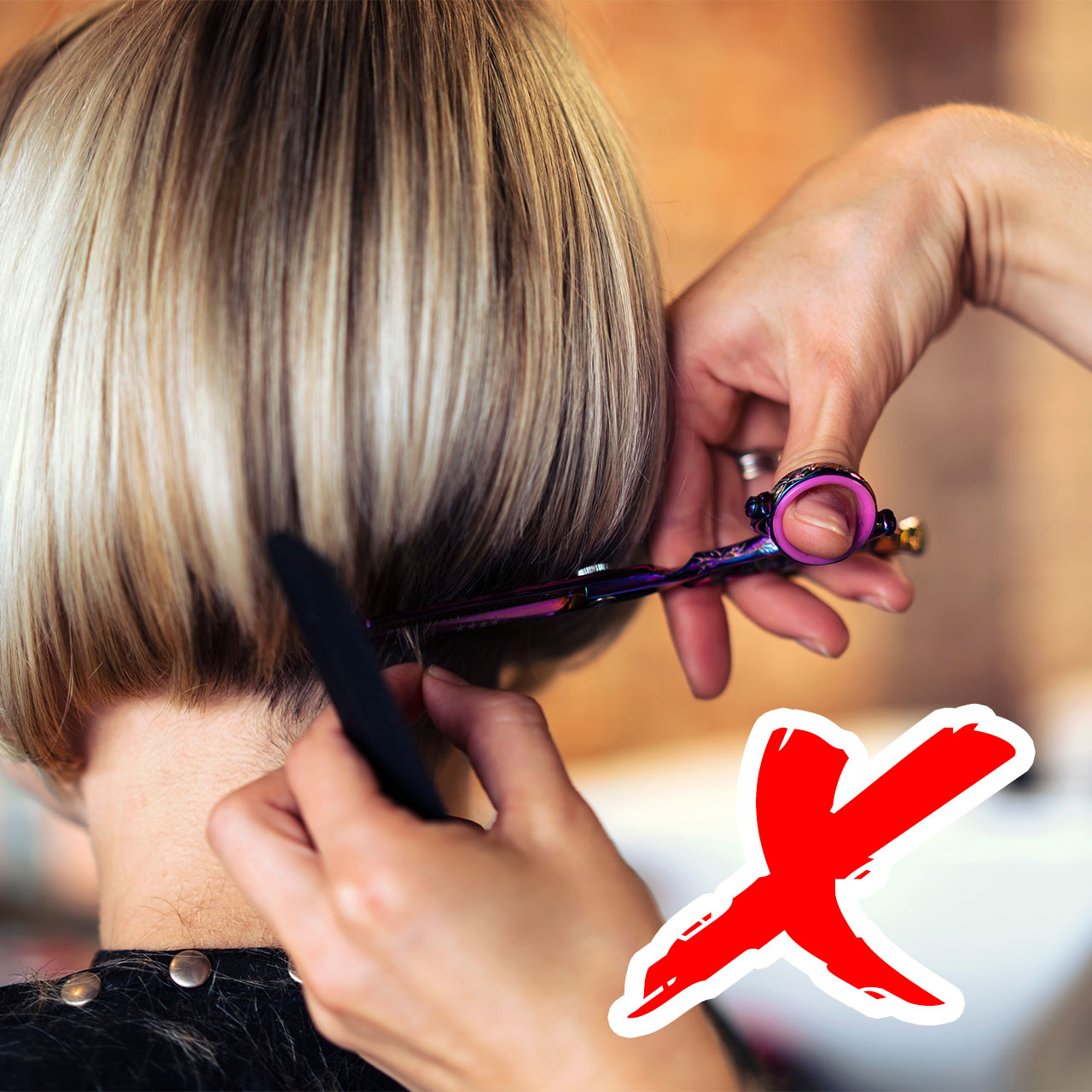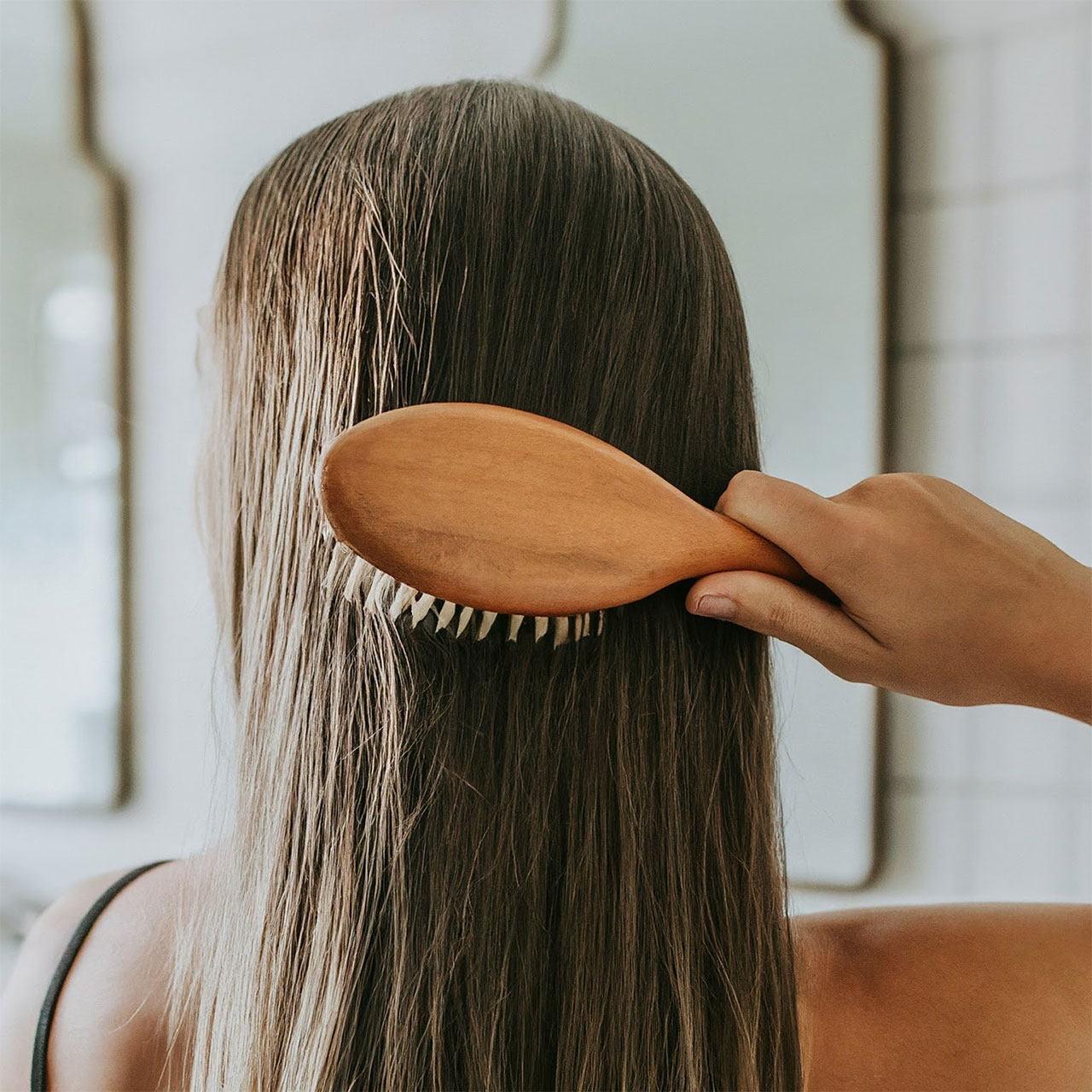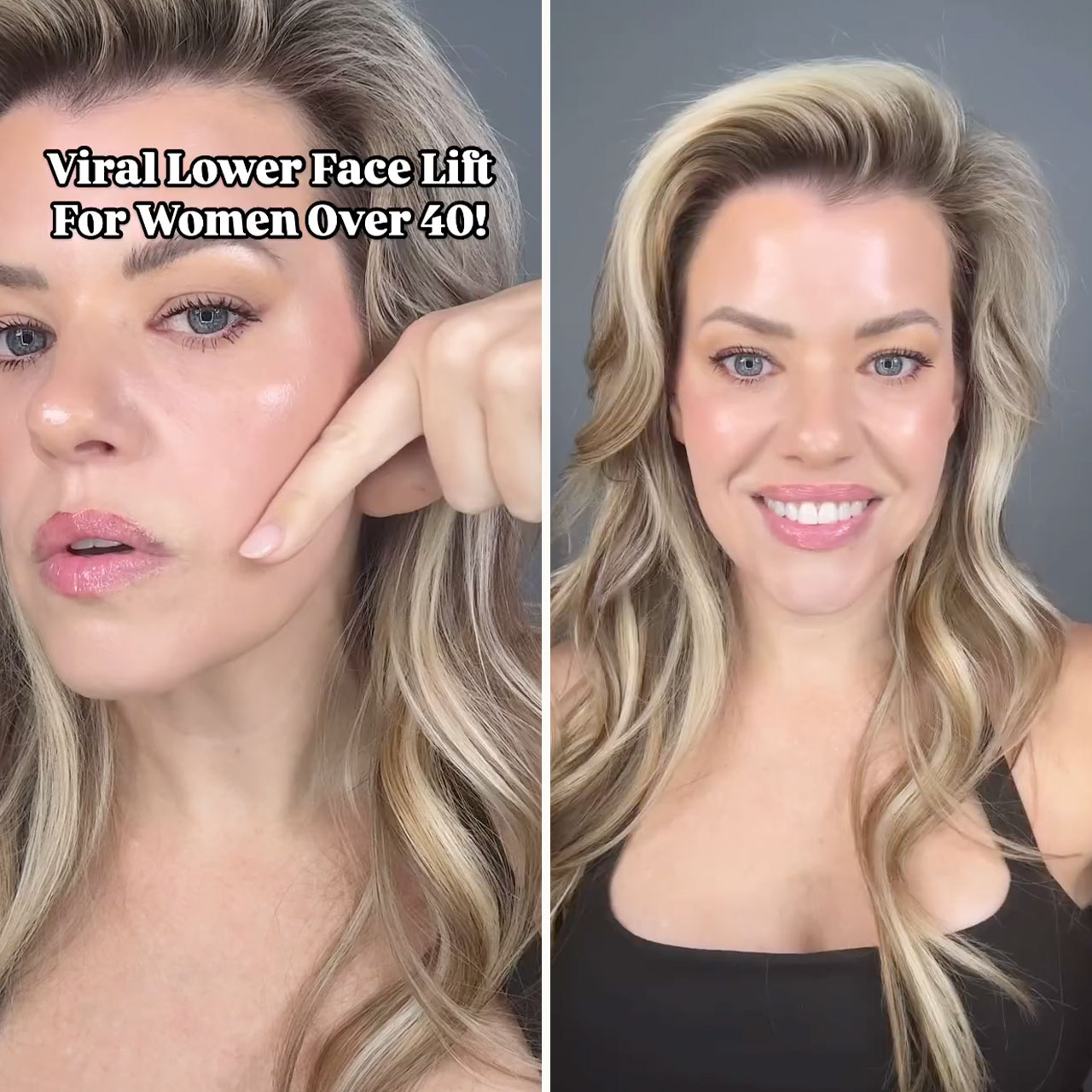Everywhere you go, everyone who is into beauty is talking about collagen. Of course, there’s a good reason for this obsession. Natural collagen and elastin are the building blocks of youthful-looking skin that maintains its firm radiance. But with age, we lose collagen. And the natural next step for someone who loves skincare might be to include collagen back into your routine via a supplement. Sounds logical, right?
No one here is about to bash collagen, but with so many brands coming out with their own version of a collagen supplement, it has become increasingly difficult to figure out which work and which are a waste of time and money. Dr. Yoram Harth, Board Certified Dermatologist and Medical Director of MDhair, spoke to SHEFinds.com about collagen — specifically, which collagen supplements do very little and how to use this ingredient to your advantage.
Can Collagen Work?
First off: is collagen even worth all the hype? Yes, Harth says, but there’s a bit more to it than just grabbing any collagen supplement you find on a pharmacy shelf.
“Taking the right collagen supplements can be very beneficial,” Harth says. “It was proven to be very helpful with hair regrowth, skin rejuvenation, and some joints disorders. This aim efficacy is dependent on the type of collagen and the amounts taken every day.”
And this is where things get a little more specific.
Collagen Types
There are three types of collagen you’ll notice your supplement can contain: Type I, II, and II. “People looking to improve their skin or hair should look for marine collagen that includes more Type I Collagen – the type that is essential for the skin and hair,” Harth says. “People looking to improve their joint health can take bovine collagen that contains collagen I and III.”
Dosage Is Important
Even if the FDA isn’t carefully doling out recommended dosages of collagen, it’s important to remember that how much or how little you take matters. “The minimal daily amount recommended for people taking collagen peptides is 5gr, which amounts to one scoop of collagen powder,” Harth says. “Collagen capsules are small and can contain only tiny amounts of collagen. The vital proteins capsules contain 0.56 gr per capsule. To get 3.3 gr of collagen per day (=one serving), one needed to take six capsules per day. Nutrafol does not reveal the amount of collagen in its capsules, but it seems that one needs to take at least four capsules to
take the minimal amount of collagen. The Viviscal tablets include 0.45gr per tablet. To take 5gr per day, one would need to ingest ten tablets.”


Healthier alternatives to energy drinks
Let’s face it: there are always going to be times when you’ll need a bit of a boost. So, what are some healthy alternatives to energy drinks?
Hunnes suggests opting for a true classic: “I recommend black coffee, or coffee with unsweetened soy milk or other plant-based milk,” she says. Tea is another great option.
Hunnes also notes that the healthiest way to go is oftentimes a big glass of plain old water. You may find that you don’t need caffeine as much as you think you do! “Sometimes when we’re feeling really tired it’s a symptom of dehydration,” she explains.
So next time you need an extra bit of energy, think about what your body really wants–we’re going to take a guess and say it likely won’t be a sugar-loaded energy drink.







